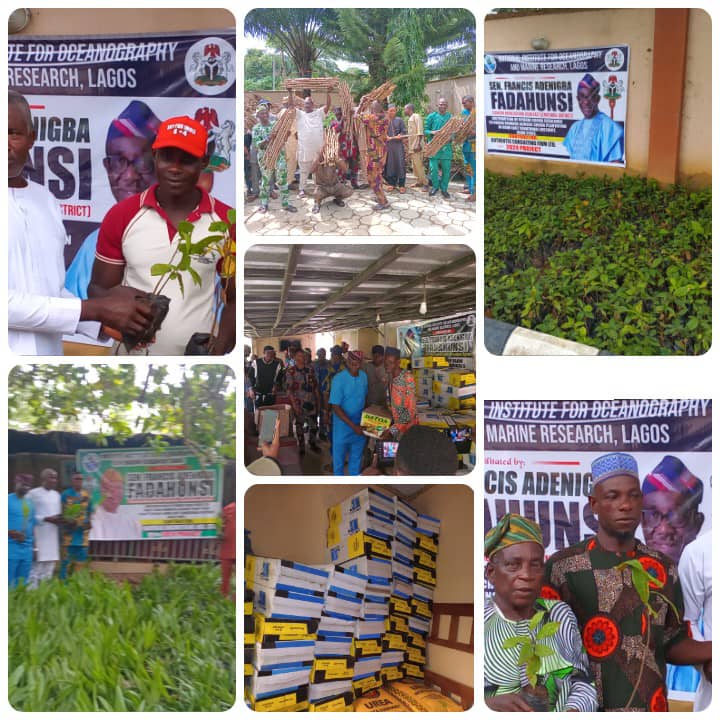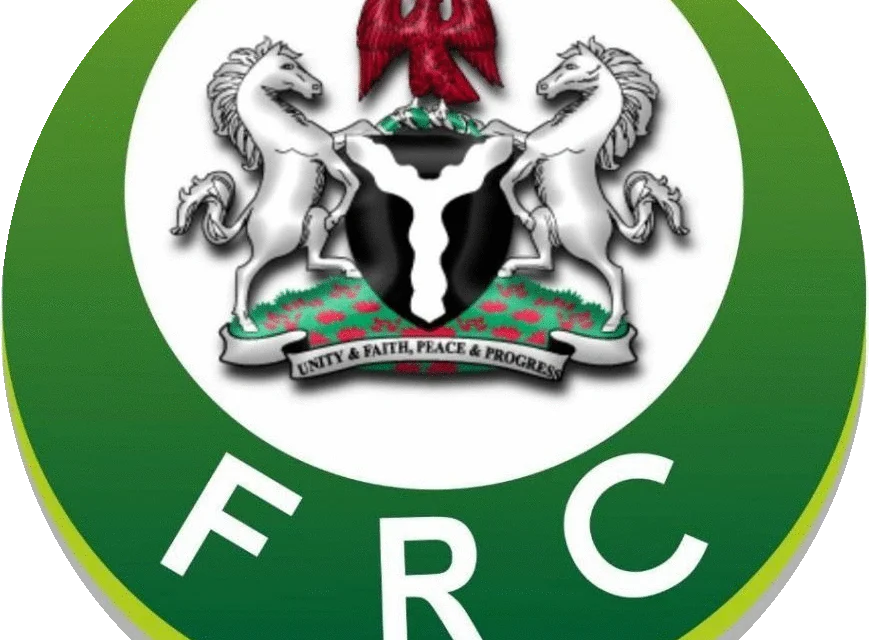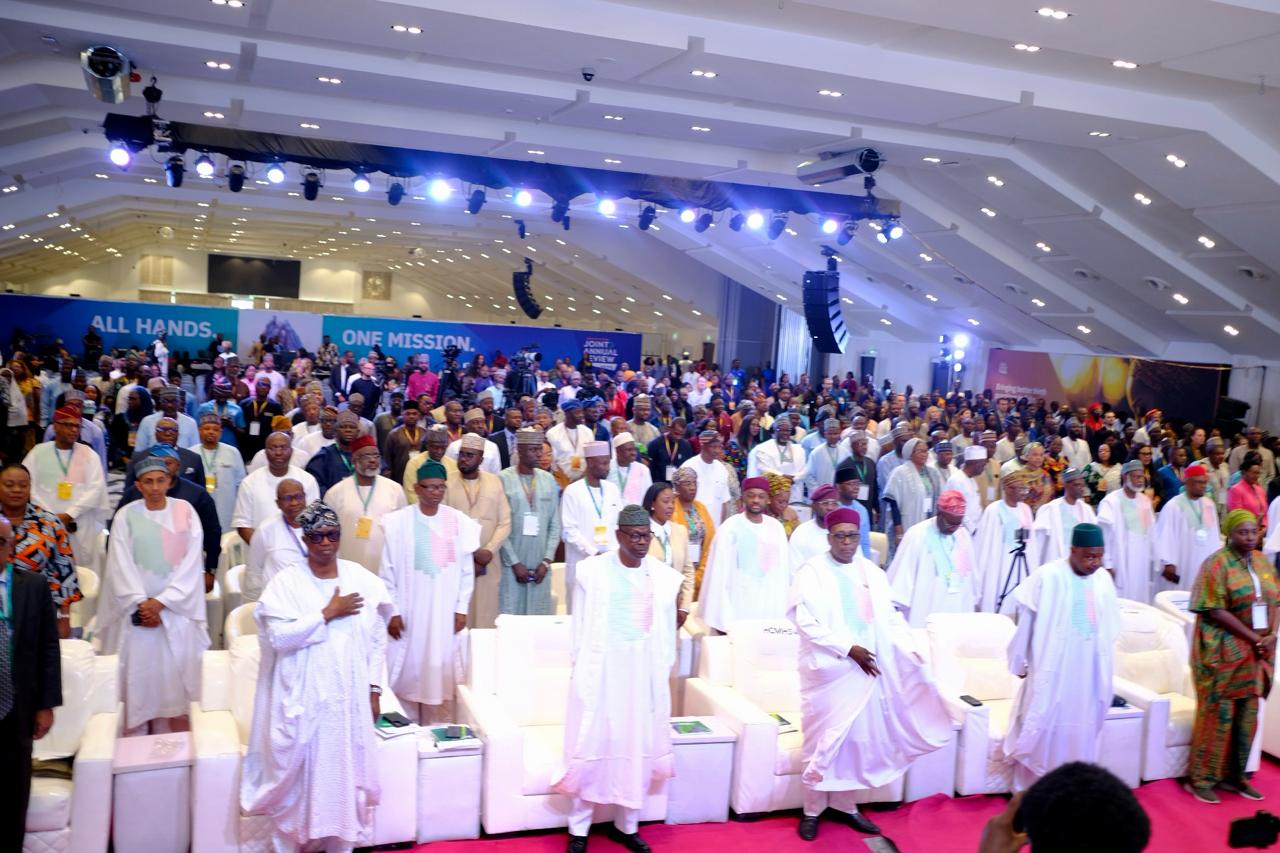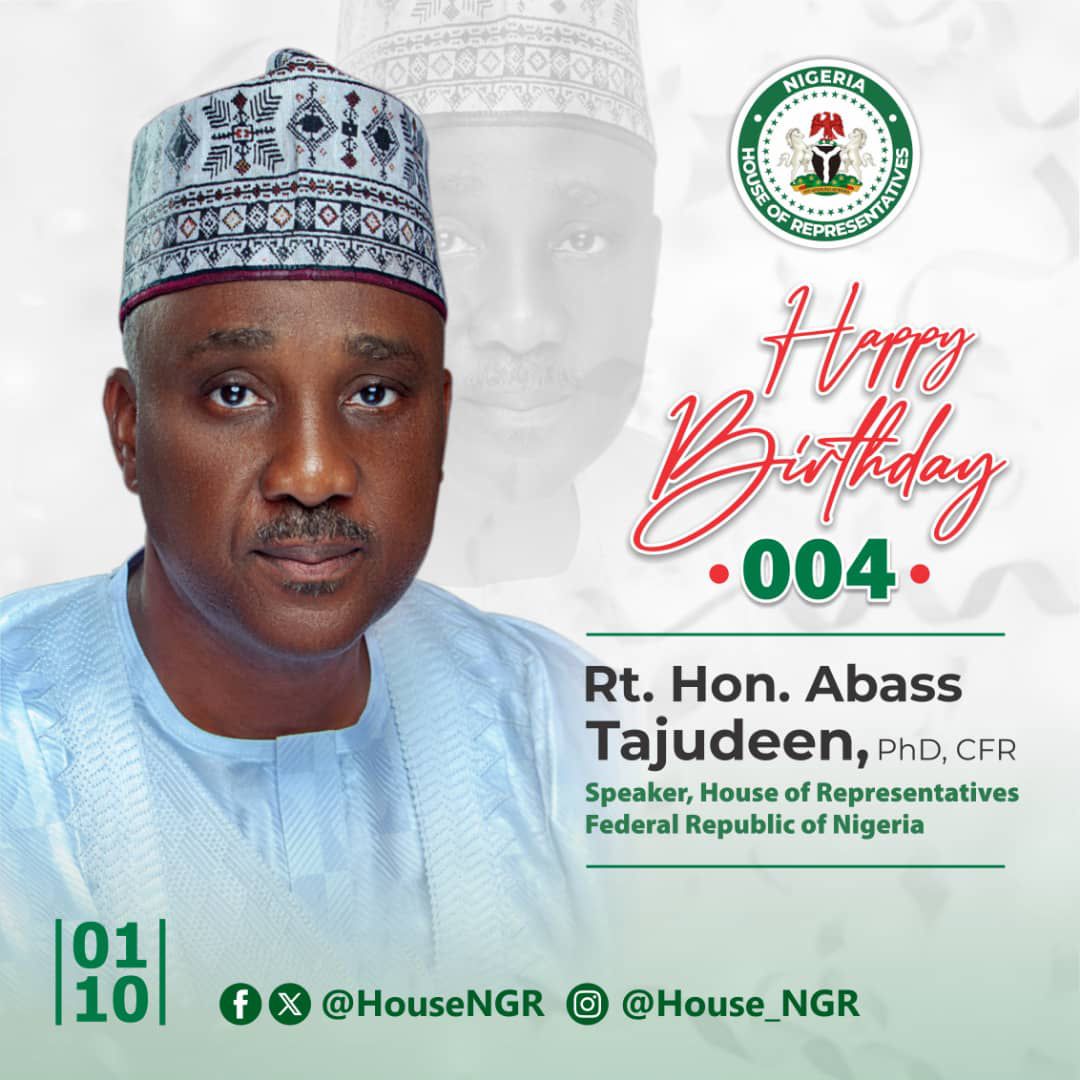Climate Change Poses Significant Threats to Food Security, Water, Sanitation – FG Calls for Action
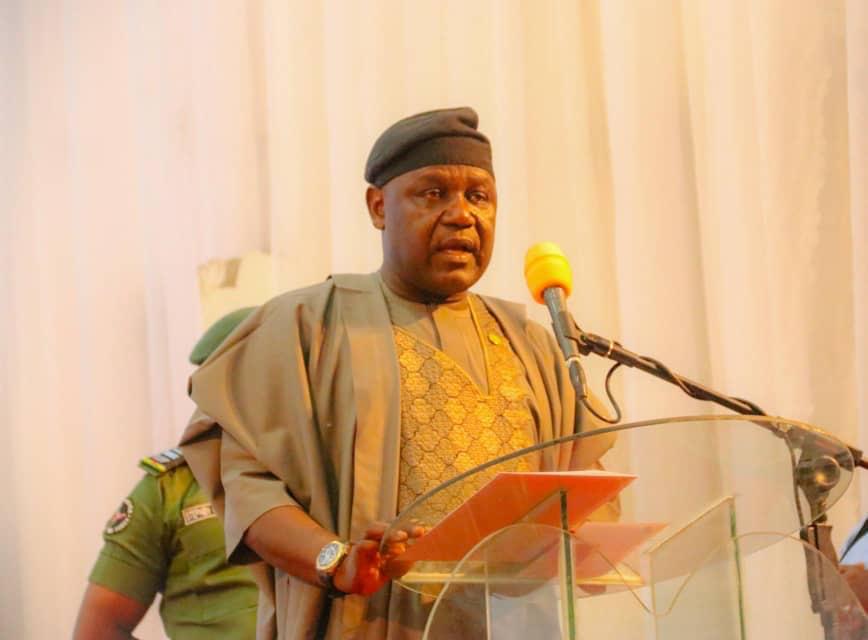
By Fatima Saka
The Federal Government has reiterated the urgent need to address climate change-induced challenges, such as flooding, drought, contaminated water supplies, and environmental degradation, which pose significant threats to food security and WASH (Water, Sanitation, and Hygiene) services.
Speaking at the opening ceremony of the National Technical Committee Meeting on Water Resources and Sanitation on Monday in Uyo, Akwa Ibom State capital, the Permanent Secretary of the Federal Ministry of Water Resources and Sanitation, Richard Pheelangwah, emphasized the critical role of water, sanitation, and food security in Nigeria’s national development agenda.
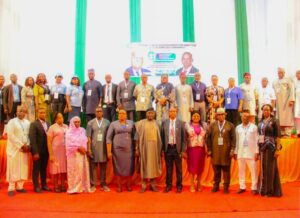
Mr. Pheelangwah noted that the National Technical Committee forum an integral part of the Meeting of the National Council on Water Resources and Sanitation serves as a platform for addressing sectoral challenges and advancing policy mandates, particularly in response to climate change.
He recalled that President Bola Ahmed Tinubu’s declaration of a State of Emergency on Food Security further emphasizes the need for stronger inter-ministerial collaboration to ensure sustainable irrigation and farmland cultivation across the country.
He also commended the leadership of the Honourable Minister of Water Resources and Sanitation, Engr. Prof. Joseph Terlumun Utsev, under whom the ministry has launched several initiatives aimed at integrating climate considerations into water management strategies.
Mr. Pheelangwah urged members of the National Technical Committee on Water Resources and Sanitation comprising experts from across the country—to develop comprehensive policy recommendations capable of addressing contemporary challenges in the sector.
He stressed that the success of the 31st National Council on Water Resources and Sanitation depends on stakeholders’ commitment to generating actionable solutions aligned with national development goals.
Recognizing the growing impact of climate change on access to clean water and nutritious food, especially for vulnerable populations, he called for sustainable development strategies and continuous stakeholder engagement.
Declaring the session open, Barr. Mrs. Emma Udonsek, Permanent Secretary of the Akwa Ibom State Ministry of Water Resources and Sanitation, aligned the meeting’s theme with the Akwa Ibom ARISE Agenda.
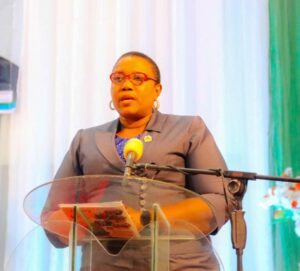
READ ALSO: SustyVibes Unveils Naija CookWise Campaign to Promote Cleaner, Safer Cooking Environment in Nigeria
Dynamite Explosion Rocks Residential Area in Niger State – NEMA Reports
Goodwill messages were delivered by representatives of the Minister of Marine and Blue Economy, Mr. Paul Opuama, the Director of Fisheries Technology and Support Services, Engr. Chinedu, and other key stakeholders in the water sector.
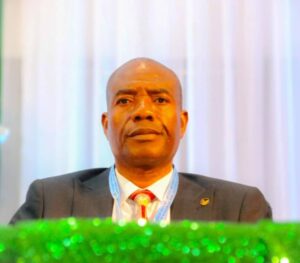
The National Technical Committee session serves as a precursor to the 31st National Council meeting, scheduled for Thursday, January 30. It aims to review policy memoranda and shape strategic solutions to strengthen Nigeria’s water and sanitation sector, ultimately fostering economic growth and improving public health resilience.
The meeting was attended by representatives from various states, the Federal Capital Territory, and other key stakeholders.

